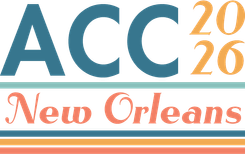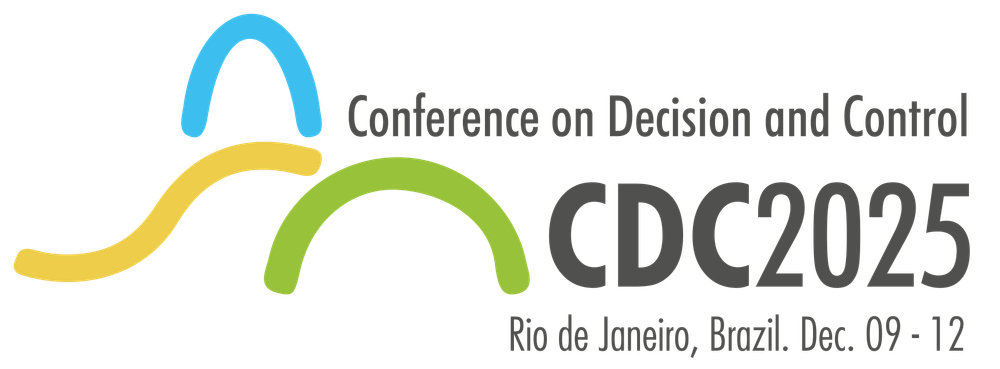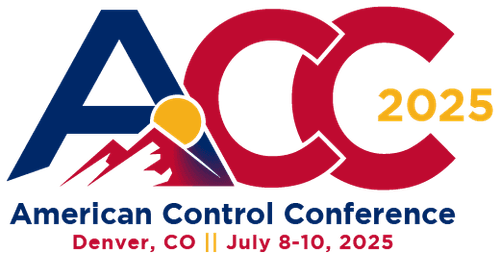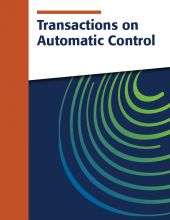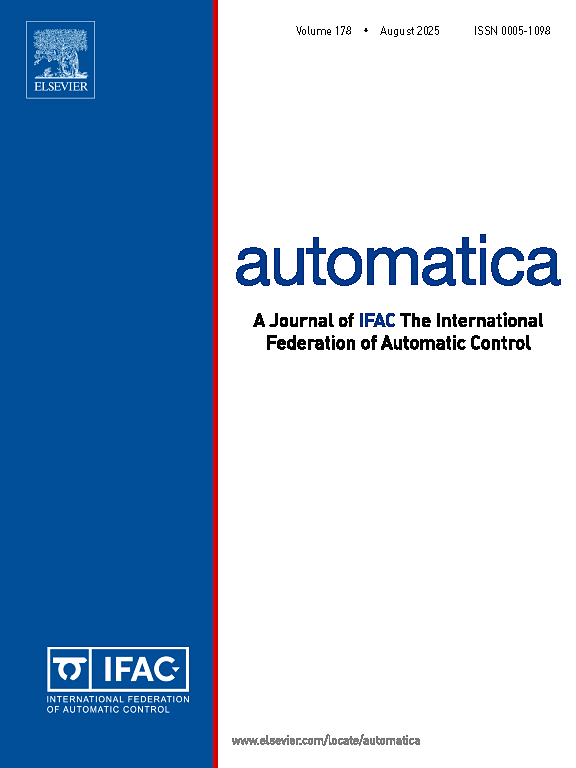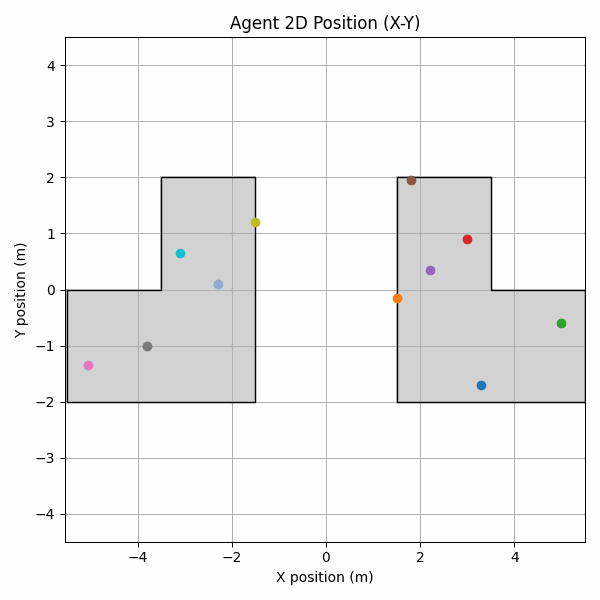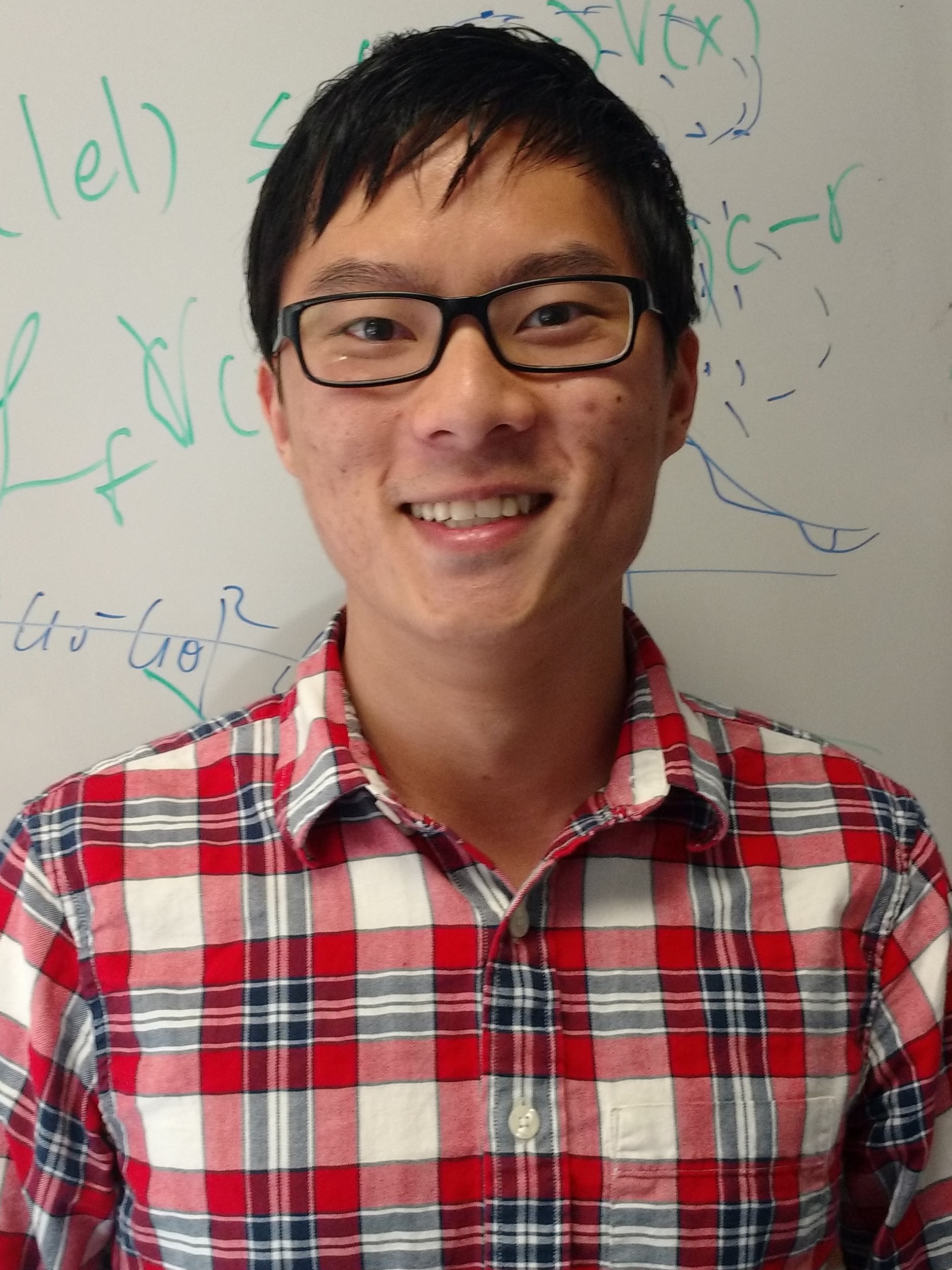

Hi, I'm Pio Ong
I am currently a postdoctoral research associate at California Institute of Technology under the supervision of Prof. Aaron Ames. My main research focus is on the intelligent resource-aware control for nonlinear systems. I received a Bachelor's degree in Aerospace Engineering from the University of California, San Diego (UCSD) in 2012, and a Master's degree in Astronautical Engineering from University of Southern California (USC) in 2013. During Fall and Winter of 2014, I worked as an intern at Space Exploration Technologies Corp (SpaceX), which has sparked my interests in studying control theory. In 2022, I received my Ph.D. degree from UCSD, and my Ph.D. advisor was Prof. Jorge Cortés. Check out my research interests in the Research section.
